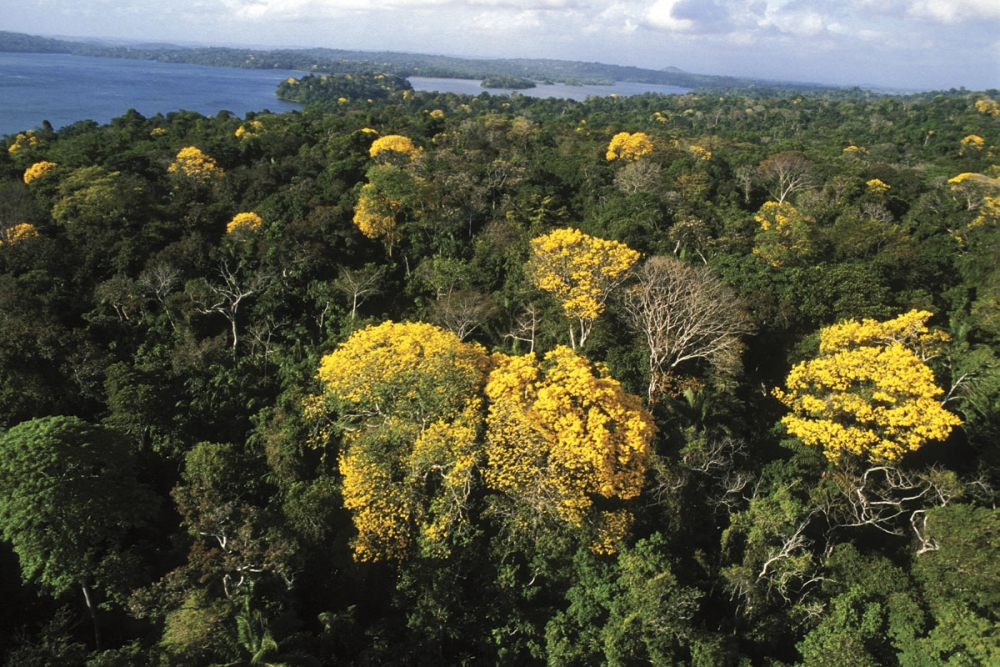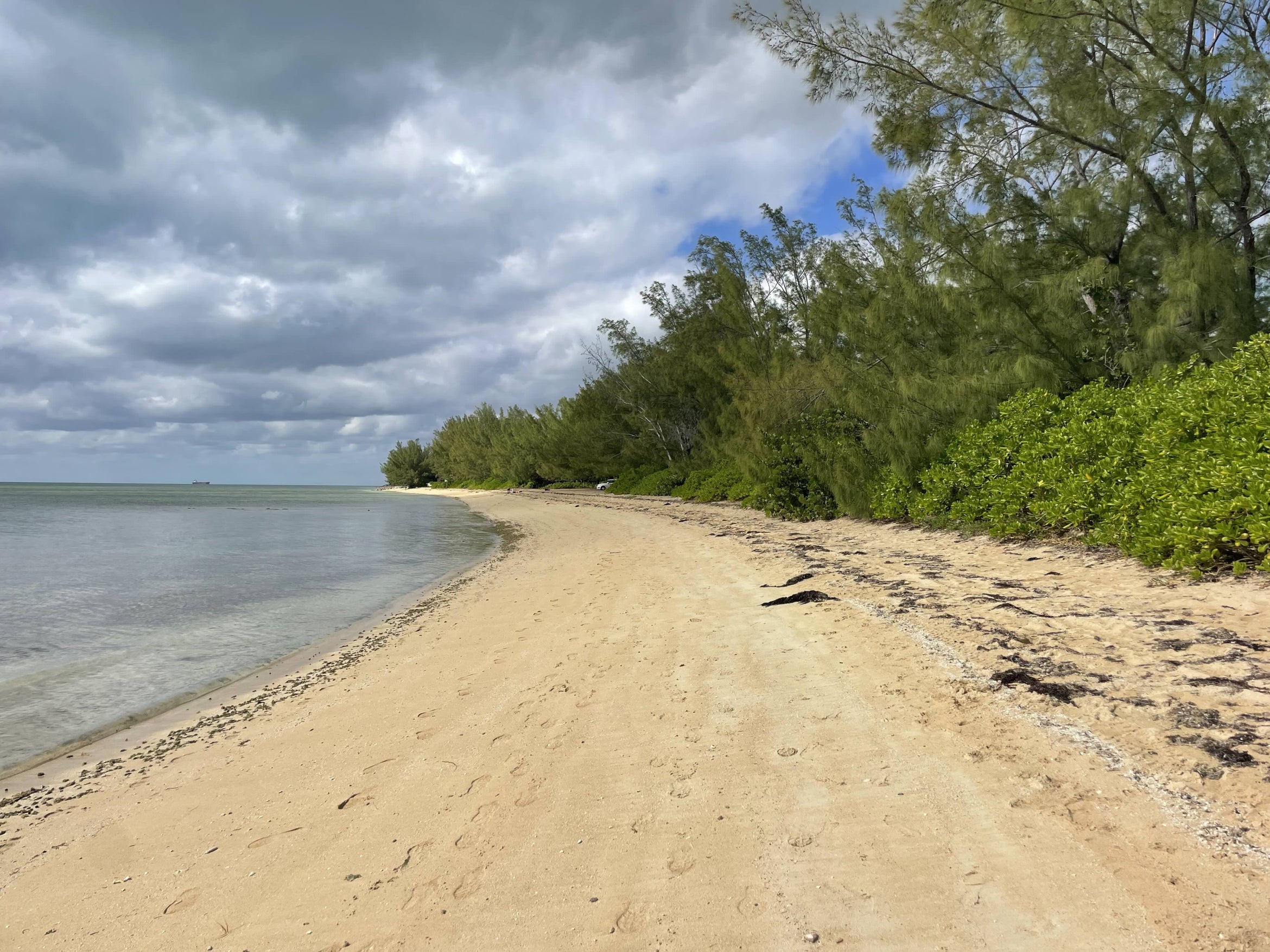
NCEAS Finds Tropical Forest Blossoms Are Sensitive to Changing Climate
The North Pole isn't the only place on Earth affected by slight increases in temperature. Until recently, scientific thinking used to posit that tropical forests, which already exist in warm climates, may not be impacted much by climate change. But a new study conducted by UC Santa Barbara's National Center for Ecological Analysis and Synthesis (NCEAS) shows that to be erroneous. In fact, the results indicate that tropical forests are producing more flowers in response to only slight increases in temperature. The findings were published online yesterday in the journal Nature Climate Change.
"Tropical forests are commonly thought of as the lungs of the Earth and how many flowers they produce is one vital sign of their health," said Stephanie Pau, who conducted the research as part of a Forecasting Phenology working group while she was a postdoctoral associate at NCEAS. "However, there is a point at which forests can get too warm and flower production will decrease. We're not seeing that yet at the sites we looked at, and whether that happens depends on how much the tropics will continue to warm."
The study, which used a new globally gridded satellite dataset, examined how changes in temperature, clouds and rainfall affect the number of flowers tropical forests produce. Analysis of the data indicated that clouds mainly have an effect on short-term seasonal growth, but longer-term changes in these forests appear to be due to temperature. While other studies have used long-term flower production data, this is the first study to combine these data with direct estimates of cloud cover based on satellite information.
"This study is an inspired example of integrating diverse existing data to do something never imagined when the data were originally collected," explained Stephanie Hampton, deputy director of NCEAS. "Flowers were probably not what NASA scientists were thinking of when they archived these cloud data. Having access to environmental ‘big data' and the skills to do data-intensive research drives innovation for creative teams like this."
Pau led a team of international researchers who studied seasonal and year-to-year flower production in two contrasting tropical forests: a seasonally dry forest on Barro Colorado Island, Panama, and a rainforest in Luquillo, Puerto Rico. According to Pau, the seasonally dry site has been producing more flowers at an average rate of 3 percent each year over the last several decades, an increase that appears to be tied to warming temperatures. Pau collaborated with NCEAS scientific programmer/analyst James Regetz to scrutinize the data.
Flower productivity is a measure of the reproductive health and overall growth of the forests. The amount of sunlight reaching tropical forests due to varying amounts of cloud cover is an important factor, just not the most important when it comes to flower production. According to Pau, both sites still appear to respond positively to increases in light availability, yet temperature was the most consistent factor across multiple time scales.
"With most projections of future climate change, people have emphasized the impact on high-latitude ecosystems because that is where temperatures will increase the most," Pau said. "The tropics, which are already warm, probably won't experience as much of a temperature increase as high-latitude regions. Even so, we're showing that these tropical forests are still really sensitive to small degrees of change."
"The increasing availability of large data sets from long-term field studies and satellite data provide new opportunities to study how forests are responding to a warmer world," said Frank Davis, director of NCEAS. "Their discovery shows just how sensitive these systems can be to even small temperature changes."
Pau's co-authors include Benjamin I. Cook of the NASA Goddard Institute for Space Studies and the Lamont-Doherty Earth Observatory, Christopher J. Nytch and Jess K. Zimmerman of the University of Puerto Rico's Institute for Tropical Ecosystem Studies, James Regetz of NCEAS, Elizabeth M. Wolkovich of the University of British Columbia's Biodiversity Research Centre and S. Joseph Wright of the Smithsonian Tropical Research Institute.
Related Links



